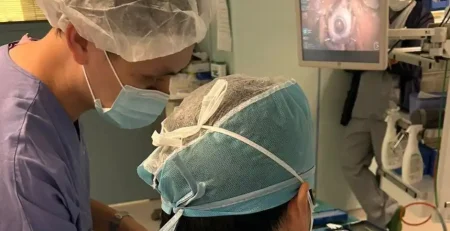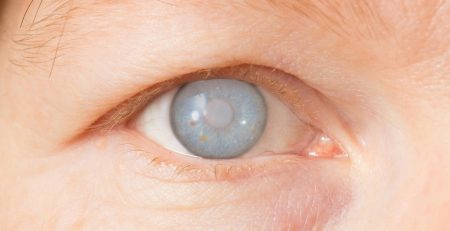Orbital Decompression Surgery in Singapore: A Comprehensive Guide
Orbital decompression surgery is a specialized procedure designed to treat conditions affecting the eye socket, such as thyroid eye disease (TED) and severe orbital fractures. This surgery relieves pressure within the orbit, enhances eye function, and can restore a more natural appearance. In Singapore, this procedure is performed by skilled specialists in modern medical facilities, ensuring safety and excellent outcomes for patients.
Introduction to Orbital Decompression Surgery in Singapore
Orbital decompression surgery involves removing or reshaping parts of the bony walls or fatty tissues within the orbit to create more space. This alleviates pressure, reduces symptoms, and improves both appearance and comfort. It is often recommended for patients experiencing significant discomfort, vision problems, or bulging eyes (proptosis).
Singapore is renowned for its advanced surgical techniques and experienced specialists in orbital procedures. Patients benefit from a blend of technical expertise and personalized care, ensuring optimal results tailored to their unique needs.
Conditions Treated by Orbital Decompression
The most common condition treated by orbital decompression surgery is thyroid eye disease (TED), a disorder often associated with hyperthyroidism or Graves’ disease. In TED, inflammation and tissue buildup in the orbit can cause:
- Bulging eyes (proptosis)
- Eye pain and discomfort
- Double vision
- Risk of optic nerve compression, which may lead to vision loss
- Other conditions that may require orbital decompression include orbital fractures resulting from trauma or tumors causing pressure within the eye socket.
The surgery not only addresses functional issues but can also provide significant aesthetic improvement, restoring balance and symmetry to the eyes.
Procedure Process and Recovery
Orbital decompression surgery is a complex yet safe procedure performed under general anesthesia. During the surgery, the surgeon carefully removes small portions of the orbital bone or fatty tissue to reduce pressure and allow the eyes to settle into a more natural position. Advanced imaging and surgical tools ensure precision and minimize risks.
The procedure typically takes 1–3 hours, depending on its complexity. Patients may need to stay in the hospital for a short period post-surgery for monitoring.
Recovery:
After surgery, mild swelling, bruising, or temporary vision changes are normal and usually resolve within a few weeks.
Patients should follow their surgeon’s aftercare instructions, which may include using prescribed medications, avoiding strenuous activities, and attending follow-up appointments.
Most individuals return to normal routines within two to four weeks, with gradual improvements in symptoms and appearance.
Orbital decompression surgery in Singapore offers benefits for individuals dealing with the physical and emotional impacts of orbital conditions. With well equipped facilities and expert care, this procedure can help restore both comfort and confidence. Consult Dr Roy today to explore your treatment options.











